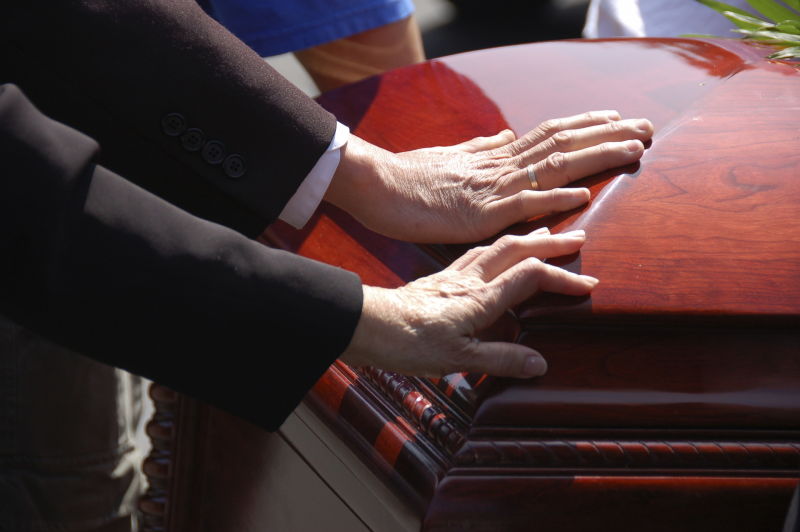California's system for helping victims of violent crimes is getting a major update come Jan. 1, when a new law takes effect aiming to better connect survivors with services.
California’s Victim Compensation and Government Claims Board provides money to survivors of violent crime and their families for things like funeral expenses, therapy and lost wages. But some people thought the board's rules had become outdated -- and AB1140, which takes effect next month, seeks to bring things into the 21st century.
"Our concern was that we, in our practice, often saw victims not getting the services they needed because of restrictions around the rules," said San Francisco District Attorney George Gascón, who helped craft the law by Assemblyman Rob Bonta and Sen. Loni Hancock, both Oakland Democrats.
A lot of the new law's provisions recognize lessons learned in recent years -- including the fact that victims and criminal offenders can be the same people, Gascón said. Current law bars people on probation or parole for a felony from seeking compensation, even if they are the victim of a separate crime. AB1140 will change that for people on probation or parole for a nonviolent crime.
"Many of the offenders are people that were victimized earlier. And they were traumatized in violence and victimization was normalized in their life, and they start themselves become the aggressors and victimizing others," Gascón said.
